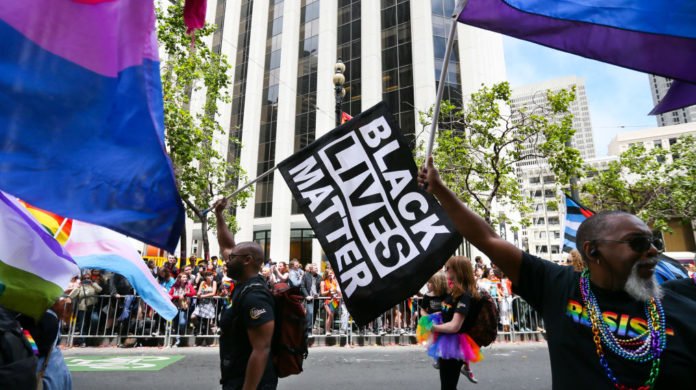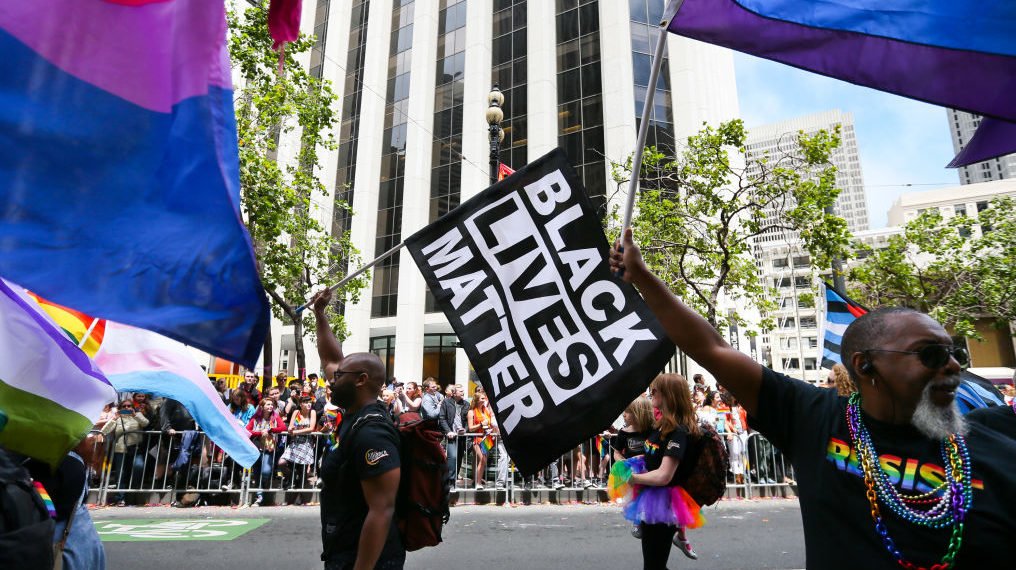[ad_1]

A federal judge has ruled that the Memphis Police Department violated a 1978 consent decree by spying on members of Black Lives Matter and other protesters, the Memphis Commercial Appeal and other news organizations are reporting.
The 40-year-old agreement between the American Civil Liberties Union of Tennessee and the City of Memphis dictated that police officers are restricted in how they may investigate political activists. U.S. District Judge Jon McCalla ruled on Friday that the police violated the decree by spying on political protesters and holding investigations, the Commercial Appeal reports.
The city failed to train Memphis police officers about political spying, which is prohibited by the 1978 decree, the news organization reported.
The case is tied to a lawsuit filed in February 2017 in U.S. District Court in response to the city’s decision to publish a list of people who required a police escort while visiting city hall.
Along with members of Black Lives Matter, the list also included the mother of a teen fatally shot by Memphis police, representatives from advocacy organizations and political organizers, according to the news organization.
Read More: Black Lives Matter activist plan to protest outside of police conference over Stephon Clark murder
In issuing his ruling, the judge also declared that the ACLU of Tennessee may sue the City of Memphis for breaking the 1978 agreement, according to the Memphis Flyer.
The decision was the result of a trial earlier this year to determine whether the ACLU had legal standing necessary to file suit on behalf of activists Elaine Blanchard, Keedran Franklin, Paul Garner, and Bradley Watkins, who said they’d been illegally spied upon by the Memphis Police Department as well as other local agencies, according to the Flyer.
Read More: Bodyguard for Takashi 6ix9ine wounded by gunfire at a celebration
The violations were myriad and included intercepting telephone calls and other electronic communications, creating a fake Facebook profile to track activists’ activities, and failing to properly inform police officers of the requirements laid out in the 1978 degree, the Flyer reported.
The police department did not immediately respond to requests for comment by the Commercial Appeal, but a statement from Ursula Madden, the city’s chief communications officer, indicated that the city “voluntarily took steps” to ensure Memphis police followed the degree, the news organization reported.
[ad_2]
Source link

